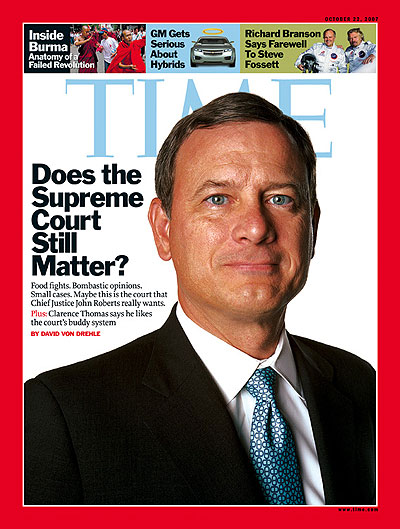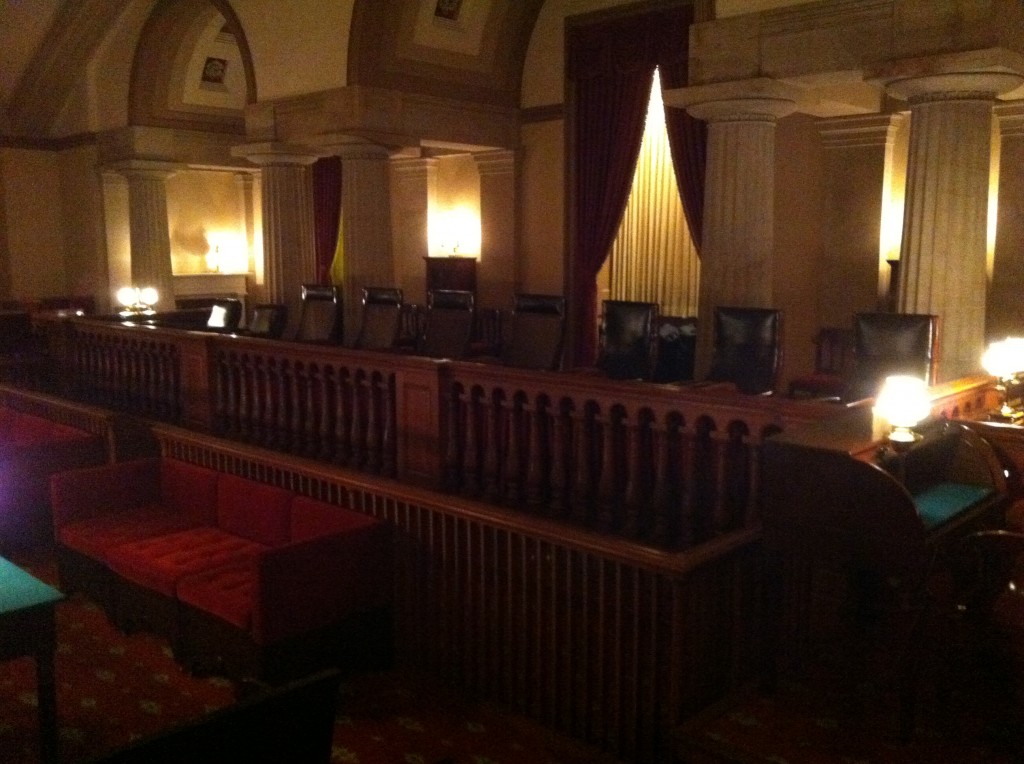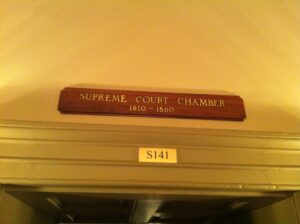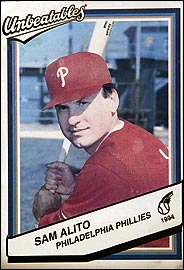
Justice Sam Alito (or not?)
Today is April 1st. It’s also opening day for most baseball teams. So if you’re a Mets fan like I am, it’s an interesting happenstance, no?
But if you came here hoping for an April Fools’ Day gag, you’re going to be disappointed. It’s just a quickie quiz on Supreme Court Justice Samuel Alito and baseball.
Hoaxes have simply become too complicated and difficult for me to coordinate. The last couple of years I went through hundreds of emails setting up elaborate cock-and-bull stories. In 2011 it involved a 23-blog web ring. Last year I created a new web site just to hide what I was doing with over a dozen co-conspirators, since so many people were assuming I would use this site for trickery. If I did this again, my wife would kill me. Then she would divorce my rotting carcass. Even fun has its limits.
Also, it’s nice to retire before I go stale and start putting out lame crap.
But just because I’ve retired from gags doesn’t mean I can’t bring you a modest little quiz regarding law and baseball and focusing on Justice Alito pictured here at right on a baseball card from a fantasy baseball camp.
Or maybe it’s a fake card. This is, after all, April Fools’ Day and do you really believe anything I write? I can almost see your brain cells pulsing as you look to see who will get hornswaggled.
Cheating on this poll is easy, as anyone over the age of eight can use the Google. But if you cheat, a kitten will die and someone will turn you into an anti-kitten Facebook meme that will quickly devour the web because that’s what the web does best and it would really suck for you and then your spouse, kids and siblings would divorce your dead rotting carcass. I’m sure you don’t want to test that theory.
And you know I’m right, anyway, or you wouldn’t have read this far.
Where was I? Oh yeah, the poll.
Each question has a link. The link contains the actual answer. But you have to answer the poll first before you click the links to see if you were right. It’s all about the kittens, remember? If you didn’t remember the kittens from three short paragraphs ago then you’ve got bigger problems than I can deal with here.
But cheating is also about your soul. Don’t screw with your soul, it ain’t worth it for a little quiz, and someone might scratch “cheater” on your headstone one day, and that one day will probably be April 1st just for the karmic kicks.
In this quiz, everything below is true, except for one item. Which item below is false for SCOTUS Justice Alito?
1. He once went to a Philadelphia Phillies fantasy baseball camp that produced the baseball card you see above (link)
2. He was born on April Fools’ Day (link)
3. Because he plays in a fantasy baseball league he recused himself on a case dealing with the sale of baseball statistics to statistical services for fantasy leagues (link)
4. There is a website that compares all Supreme Court justices to people in baseball. John Jay, for example, is compared to the first baseball commissioner, Kenesaw Mountain Landis. Justice Alito is compared to flame-throwing right-hander Jonathan Papelbon, because Papelbon was supposed to be the next Roger Clemens while Alito was touted at his confirmation as the next Scalia. (Papelbon is now with Alito’s beloved Phillies.) (link)
5. His childhood ambition was to become commissioner of baseball. (link)
[poll id=”3″]
You didn’t cheat, did you?
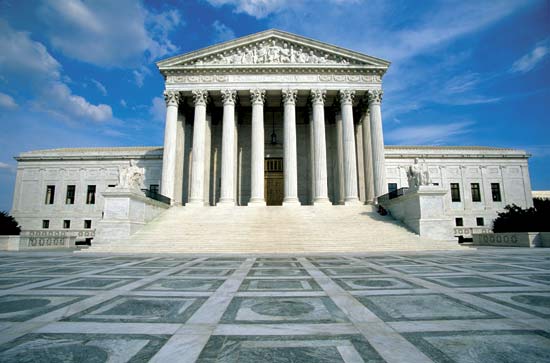 One of my fantasies failed to materialize: I had hoped that, over the course of the last couple months, some judge would demand that I appear in court on May 31st. “Sorry judge,” I was prepared to say, ” I already have an appearance that day. In front of the Untied States Supreme Court.”
One of my fantasies failed to materialize: I had hoped that, over the course of the last couple months, some judge would demand that I appear in court on May 31st. “Sorry judge,” I was prepared to say, ” I already have an appearance that day. In front of the Untied States Supreme Court.”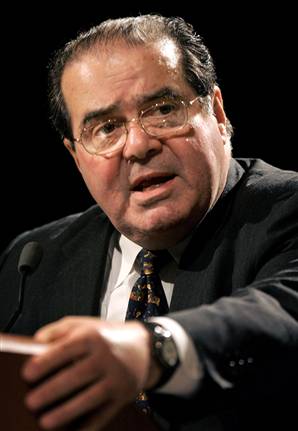 Justice Antonin Scalia decided to have some fun with a lawyer a couple days ago. By publicly humiliating him.
Justice Antonin Scalia decided to have some fun with a lawyer a couple days ago. By publicly humiliating him.